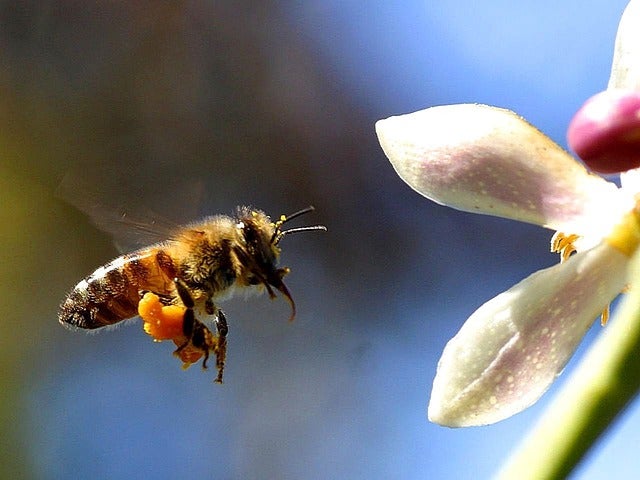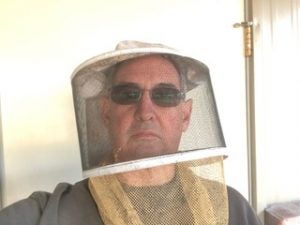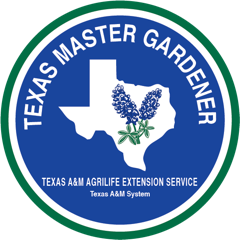Why should we save a honeybee?
Published 1:35 pm Saturday, September 7, 2019
You see a lot about saving the honeybees and other pollinators. But WHY?
Well, the Honeybee is the ultimate pollinator.
When you see a hive box sitting in a field that box represents millions of flower visits. A honeybee must visit over 1 million flowers to produce 1 pound of honey and 6-8 million flowers to produce 1 pound of wax for a comb.
So, what does this really mean? Each hive sitting in a field will contain up to 40,000 bees 20 pounds of wax and 100 pounds of honey.
This totals 240 million flower visits per hive per year.
Yes, that is a lot of flowers.
This fact is exactly why the California Almond growers pay to have hives moved to the Almond groves in February and March. It takes 2,200,000 hives or 88,000,000,000 bees to produce the almonds we get at the store.
In fact, almost 80% of all managed bees in the US are moved to California each winter.
Almonds are just one of the many crops farmers raise that require Honeybees.
All of the Melons, Squash, Blueberries, Apples require honeybees for pollination.
In fact, 1/3 of the produce we eat is directly linked to bees. Another 1/3 of what we eat are indirectly linked, items like Beef require bees to pollinate the grasses, such as Alfalfa. Carrots, broccoli, cabbage require bees to form seed so more can be planted.
Of course, foods are not the only things bees help us with. Honey and other hive products are antibacterial, antifungal, antimicrobial. Hospitals use a honey impregnated gauze for wound care, many people eat honey for allergy relief, bee stings can help with arthritis and many other home remedies use Honey.
Great, now how can I help save a bee, I don’t have a hive in my yard.
Bees will travel a three-mile radius around the hive searching for nectar and pollen. Here is how you can help, leave some wildflowers in the front ditch and back yard, use a little weed and feed each spring.
Avoid systemic insecticides, the poisons concentrate in the plant’s nectar and pollen killing the pollinators that visit. Avoid the use of powder insecticides like “Seven Dust” as they are carried to the hive and feed to young bee larva.
If you must spray insecticides on your plants only spray at or after dusk to let the bees return to the hive and be out of harm’s way.
And lastly but maybe most important support a LOCAL beekeeper, get your honey from someone you KNOW has bees.
Don’t get tricked by the label in the big stores that claim to be “Local” or “Texas”. They most likely are NOT!!








